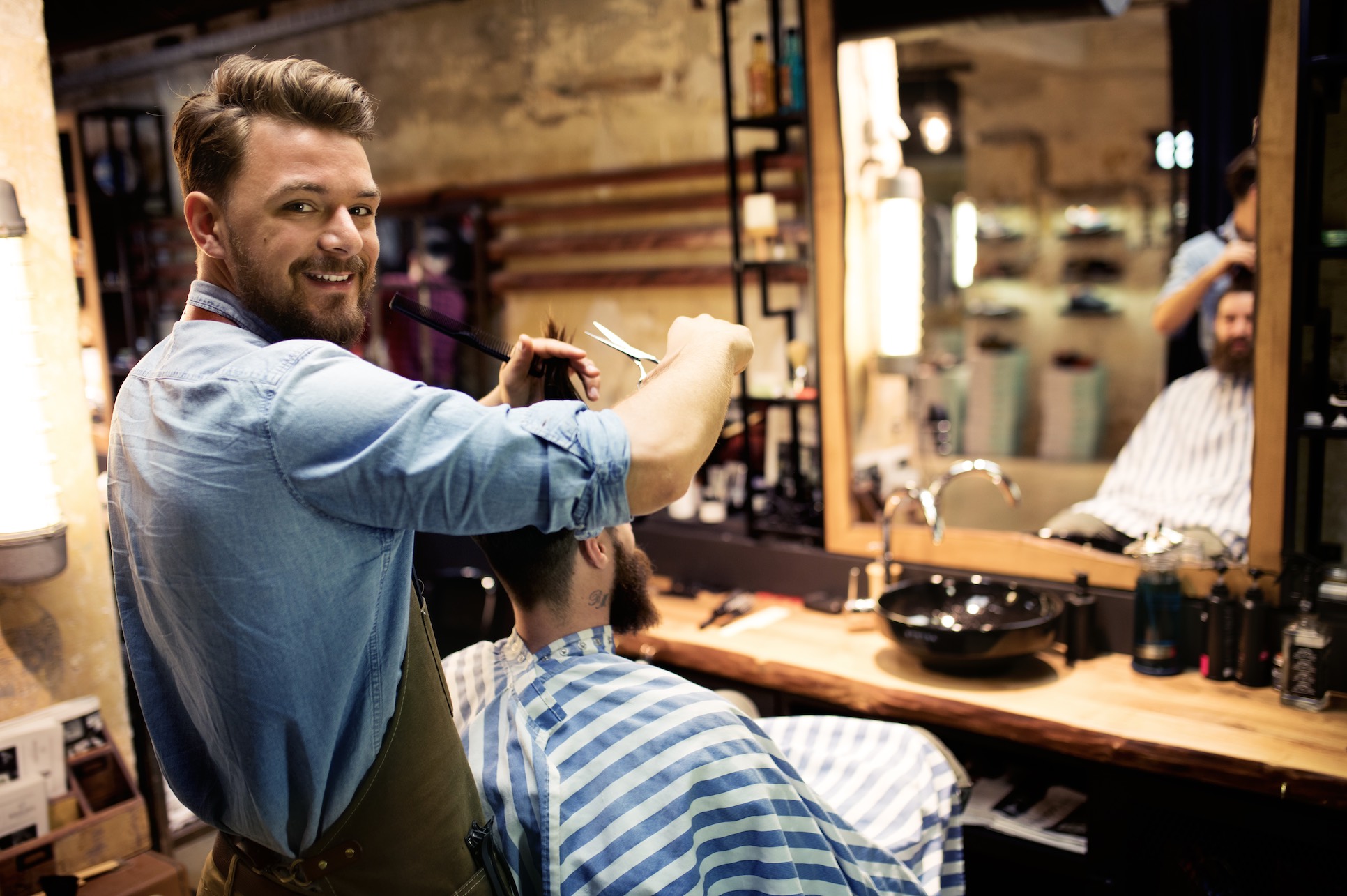VAE: validating your prior experience
Have you gained experience you’d like to have officially recognised by being awarded a certificate that reflects your expertise? The VAE – Accreditation of Prior Experiential Learning, or Validation des acquis de l’expérience in French – can enable you to convert your knowledge and skills into recognised qualifications. How does it work?
Returning to Luxembourg after spending five years as an expat in Singapore, Sophie wanted to highlight the experience she had gained as a volunteer teacher in order to pursue a different career path. Mathias, meanwhile, has been working at a hairdressing salon for 12 years. Self-taught, he acquired his skills gradually and now feels ready to open his own salon.
Both Sophie and Mathias need to have their skills officially recognised if they are to achieve their aspirations. One way of doing this is to participate in the Accreditation of Prior Experiential Learning (VAE) programme.
What is VAE?
The Accreditation of Prior Experiential Learning (Validation des acquis de l’expérience, VAE) enables skills and experience (work and non-work) to be recognised with a view to obtaining an official qualification or attending a study programme.
There are various reasons for seeking the recognition gained through VAE: strengthening your CV to improve your employability, embarking on a career change, boosting your career progression, gaining access to a particular profession, or even striking out on your own. It also enables you to enrol on an advanced study programme, or shorten your training pathway by validating specific skills.
The diplomas or accreditation of specific courses obtained through a VAE are equivalent to those obtained by following a classic study programme.
→ The diplomas or accreditation of specific courses obtained through a VAE are equivalent to those obtained by following a classic study programme.
By taking this approach, Sophie would be able to land herself a teaching diploma and prove her experience to a future employer in Luxembourg. Mathias, meanwhile, would be able to gain the certificate of proficiency he needs to open his own hairdressing salon.
Various types of VAE exist in Luxembourg
Based on the type of qualification sought, several types of accreditation of prior experiential learning can be obtained in the Grand Duchy:
-
- The VAE for obtaining a general secondary education diploma or certificate – General Secondary School Leaving Diploma (DFESG), Technician’s Diploma (DT), Vocational Aptitude Diploma (DAP), Vocational Capacity Certificate (CCP) – or for a Master Craftsmanship diploma.
Contact organisation: Ministry of Education, Children and Youth. - The VAE for obtaining an Advanced Vocational Training Certificate (Brevet de Technicien Supérieur, BTS), although not all BTS qualifications can be accessed through VAE as yet.
Contact organisation: School or college offering the qualification being sought. - The VAE for obtaining an evening class diploma.
Contact organisation: Luxembourg Lifelong Learning Centre (LLLC) of the Chamber of Employees. - The VAE for access to studies leading to a Bachelor or Master’s degree. Bear in mind that, although this VAE procedure enables you to access a level of study or obtain course exemptions, it does not automatically award the corresponding diploma.
Contact organisation: University of Luxembourg.
- The VAE for obtaining a general secondary education diploma or certificate – General Secondary School Leaving Diploma (DFESG), Technician’s Diploma (DT), Vocational Aptitude Diploma (DAP), Vocational Capacity Certificate (CCP) – or for a Master Craftsmanship diploma.
Access requirements for VAE, costs and deadlines for applying vary depending on the organisation providing the accreditation.
How do I apply for VAE?
VAE is open to everyone, whatever their age, level of education or professional situation. One of the basic conditions for applying for VAE is to be able to provide evidence of a professional activity, whether paid, unpaid or voluntary, of at least three years (or 5,000 hours), on a continuous or non-continuous basis, in an area directly connected with the desired certification.
Access requirements for VAE, costs and deadlines for applying vary depending on the organisation providing the accreditation.
For Sophie and Mathias, therefore, the first step is to identify the qualification that best corresponds to the skills they wish to have validated. This choice is key: the more closely it corresponds to the qualifications that are to be recognised, the easier it will be for the two candidates to obtain their VAE.
| How do you choose a qualification appropriate to your experience?
The best way to determine the qualification that best corresponds to your skills is to contact various organisations and educational institutes. As far as general secondary education diplomas are concerned, you can contact the VAE unit at the Ministry or get detailed information on training courses by visiting the website at portal.education.lu. In terms of the Master Craftsmanship certificate, it’s a good idea to consult the Hands Up programmes of the Chamber of Trades. For access to higher education diplomas, meanwhile, you can consult the list of Bachelor and Master’s awarded by the University of Luxembourg. If you’re looking for an Advanced Vocational Training Certificate, you can check out the list of BTS qualifications and find out more from schools and colleges. Finally, the training profiles offered by the LLLC provide information about evening classes. |
Depending on the chosen qualification, applicants then need to submit an application form, an application for VAE, or prepare a validation portfolio (in two stages: the “admissibility request” and the “validation request on the merits”) to prove that they have the knowledge or skills relating to the desired qualification.
This approach takes time and a lot of personal commitment. A VAE candidate must provide an analysis and self-examination describing their experience in as precise terms as possible, as well as supply convincing evidence that they have all the essential skills for obtaining the diploma.
→ As for the VAE for obtaining a General Secondary Education Diploma or Master Craftsmanship certificate, it is possible to request mentoring in order to prepare the validation request on the merits.

The request is then submitted to a jury, which may request additional interviews or professional scenarios if it feels this is necessary. Following a review of the application, the validation of the candidate’s experience may be:
-
- Full: The qualification is awarded, or access to the requested level of study is granted.
- Partial: The candidate has some missing skills and must supplement them during a specified period by undertaking placements or attending courses; they are exempted from following particular courses.
- Rejected: If the jury or commission decides that the experience is insufficiently compatible with the diploma or requested level of education.
Sophie and Mathias now know that VAE can help them make their plans come true. It’s true that the process requires careful preparation and a lot of work, but it’s well worth the effort! Not only does it allow you to improve your profile by validating your experience, it is also very rewarding from a personal point of view. Being recognised at the proper level boosts your self-respect.
So, what are you waiting for? Give it a try!


 Mortgage
Mortgage Personal loan
Personal loan Savings
Savings